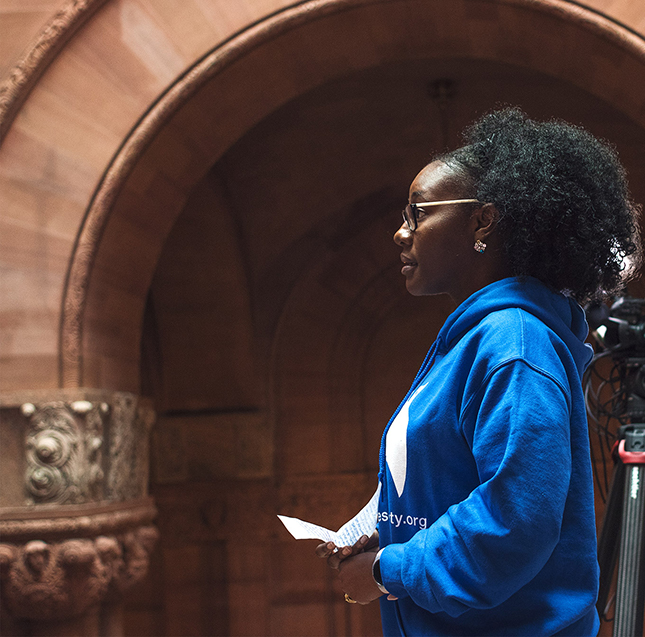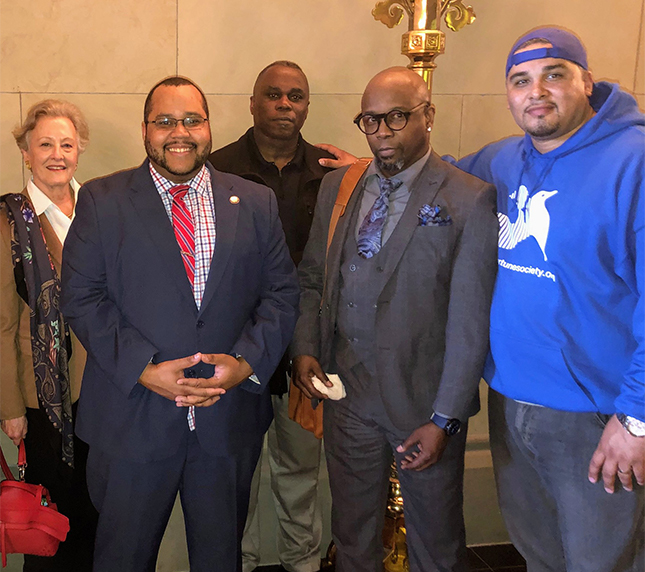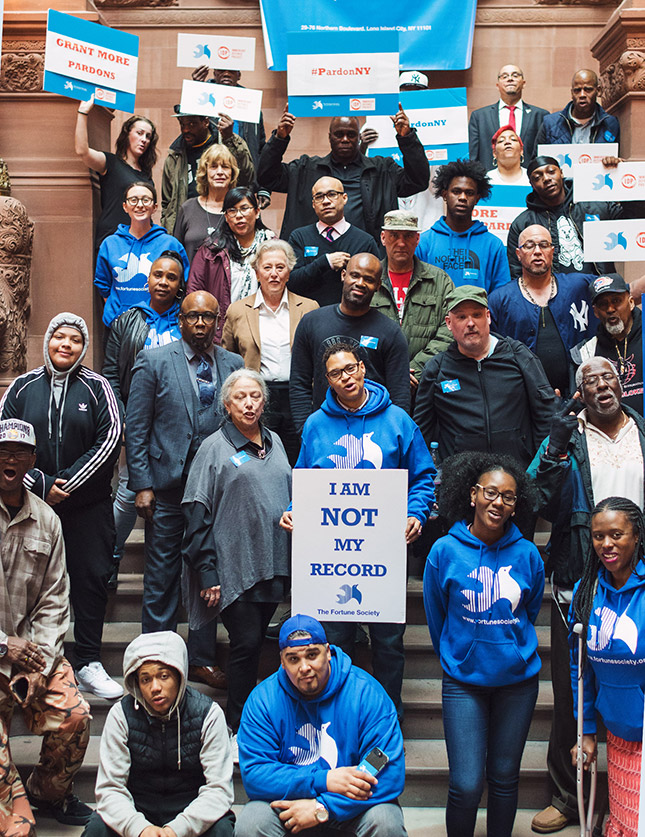For many individuals around the world, the United States is a symbol of opportunity, democracy, and freedom. Anxious to leave oppressive, violent regimes or circumstances with limited access to resources and opportunities, many seek solace in America. They find hope in the well-known American phrase, “Give me your tired, your poor / your huddled masses yearning to breathe free,” inscribed on the Statue of Liberty.
Unfortunately, today’s political landscape has made the journey to call America home more challenging for these individuals and their families—especially if they have histories with justice involvement. Our current federal administration expanded the enforcement of U.S. Immigration and Customs Enforcement (ICE) laws to target immigrants with justice involvement with greater scrutiny. Under an executive order issued on January 27, 2017, ICE has focused on deporting immigrants who have been:
1. convicted of any criminal offense;
2. charged with any criminal offense that has not been resolved;
3. committed acts which constitute a criminal offense for which a person could be charged; or
4. in the judgment of an immigration officer, pose a risk to public safety or national security regardless of the circumstances.
These expanded criteria do not take into consideration the alleged incident date, surrounding circumstances, or severity.
As a result, the United States deported more than 256,000 people in 2018—an increase of 13% from 2017. Of the people deported, approximately 66% had prior or current justice system involvement. According to the same report, ICE also arrested 158,581 people—an 11% increase over 2017. Of the people arrested, 90% had prior or current justice system involvement.








